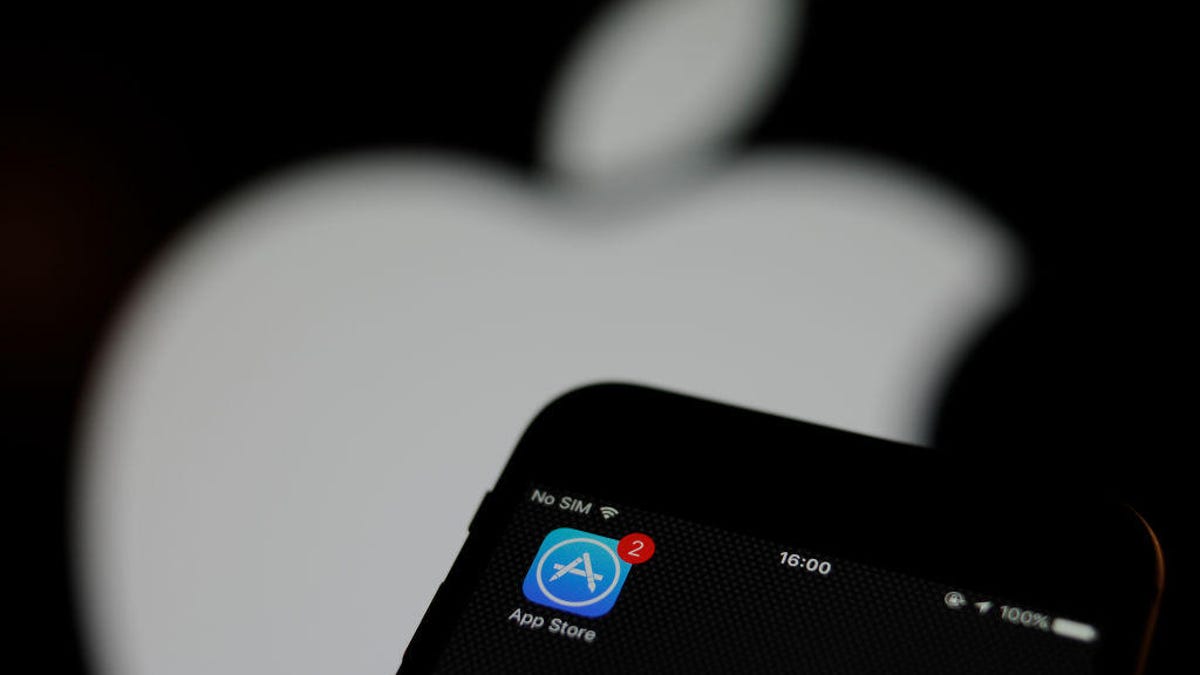Supreme Court hears Apple App Store antitrust arguments
The question is whether consumers can sue over commissions charged to developers.

The US Supreme Court on Monday is hearing arguments from Apple that call into question who can bring an antitrust case against the company: app developers or App Store customers.
The seven plaintiffs in the case Apple v. Pepper have filed four antitrust class-action complaints against Apple since 2011. The allegations were based on Apple's business model of charging app developers a 30 percent commission for each sale and prohibiting them from selling iPhone apps outside of the App Store.
The lawsuit was initially dismissed because the commission is imposed on the developers, not the purchasers who are suing. But the plaintiffs appealed and the Ninth Circuit Court of Appeals ruled that they had standing to sue Apple.
Apple told the court in an appeal that the outcome of this lawsuit could affect e-commerce venues such as Google Shopping, Amazon and Facebook's marketplace. Those online marketplaces act as middlemen between consumers and third-party businesses. The companies take commissions on sales, but don't set retail prices for the products they sell.
"This is a critical question for antitrust law in the era of electronic commerce," Apple stated in its petition. "The threshold issue is who may seek damages based on allegedly anticompetitive conduct by Apple that allows it to charge excessive commissions on apps distribution: the app developers, the plaintiff consumers, or both?"
The US Office of the Solicitor General, which is part of the Department of Justice, argued in a brief to the Supreme Court that the justices should consider Apple's appeal.
"The Ninth Circuit is home to a disproportionate share of the nation's e-commerce companies, and its erroneous decision creates uncertainty and a lack of uniformity about the proper application of Section 4 (awarding treble damages based on the antitrust law) to this increasingly common business model," its brief read.
Apple said it's hopeful the Supreme Court will uphold existing legal precedent by finding in favor of the company and recognizing its critical role as a marketplace for apps.
"Apple's revolutionary App Store unleashed a wave of innovation in software development, providing consumers with unrivaled choice and access to services that previously did not exist," said a spokesperson in an emailed statement. "The App Store provides a safe, secure and trusted storefront for customers to find apps from across the globe that enrich and ease their lives. The App Store has fueled competition and growth in app development, leading to millions of jobs in the new app economy and facilitating more than $100 billion in payments to developers worldwide."
A decision in Apple v. Pepper is expected by late spring.
First published June 18, 12:30 p.m. PT.
Update, Nov. 26 at 6:53 a.m. PT: Notes that the justices are hearing arguments Monday.
Tech Enabled: CNET chronicles tech's role in providing new kinds of accessibility.
Blockchain Decoded: CNET looks at the tech powering bitcoin -- and soon, too, a myriad of services that will change your life.

